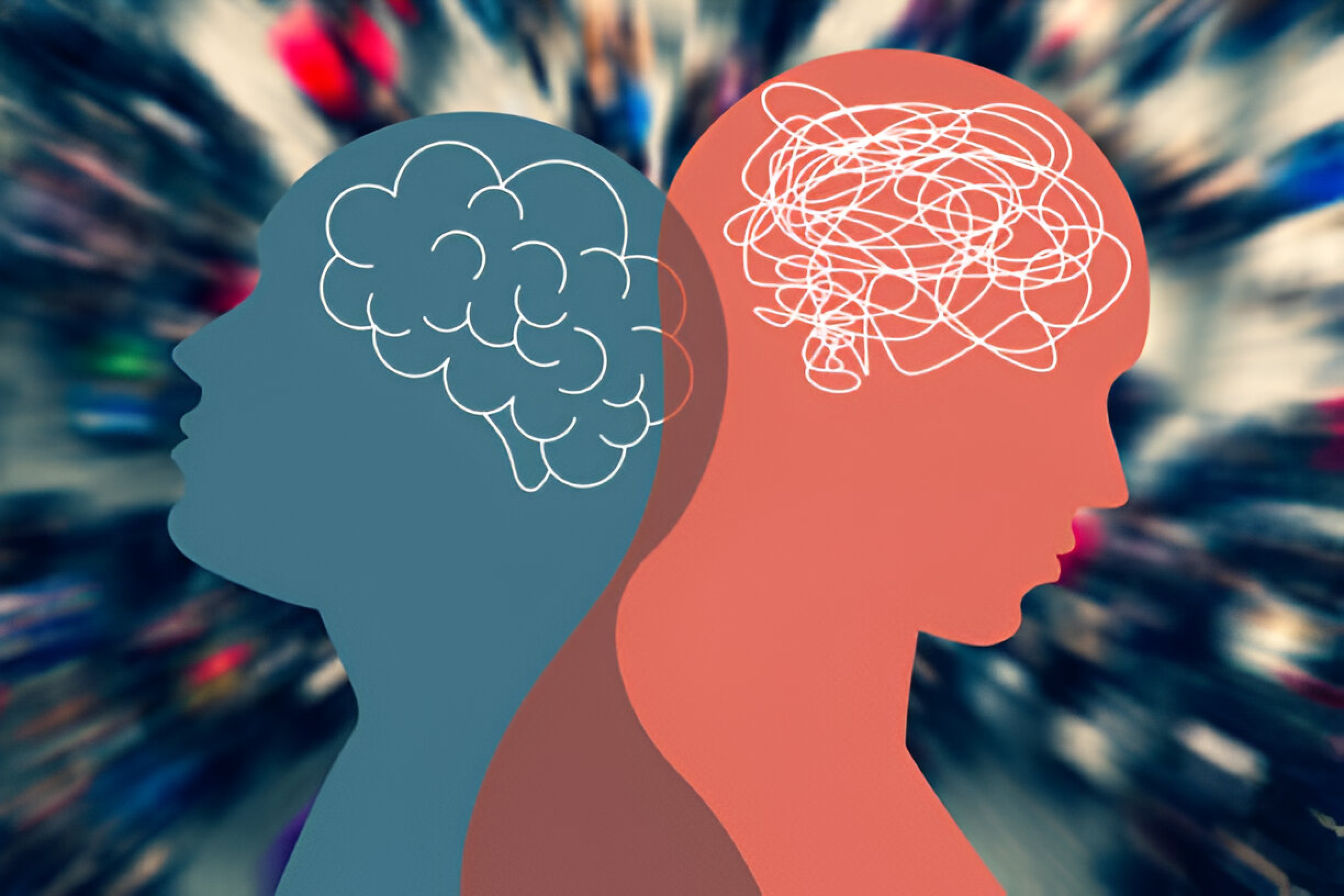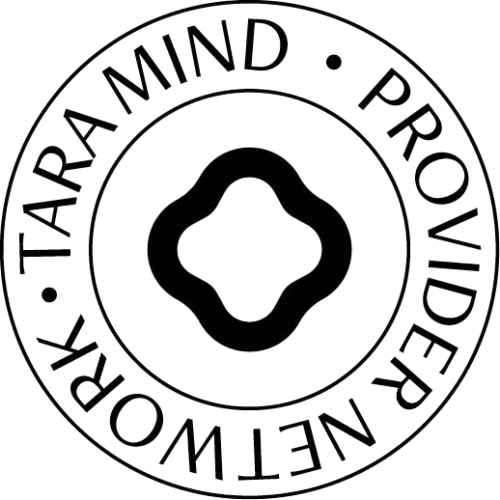Understanding Bipolar Disorder: A Path to Mental Wellness and Recovery
Bipolar disorder is a mental health condition that affects millions of individuals around the world. Known for causing extreme mood swings, ranging from manic highs to depressive lows, bipolar disorder can be challenging to manage. However, with the right understanding and proper treatment, people living with bipolar disorder can lead fulfilling, productive lives.
In this article, we will explore what bipolar disorder is, its symptoms, causes, treatment options, and how you can manage it effectively. At Allay Health Wellness, we’re committed to supporting individuals on their mental health journey, offering innovative treatment options like ketamine therapy to help improve mental wellness.
What Are the Types of Bipolar Disorder?
Bipolar disorder is not just one condition; it actually encompasses several types, each with unique symptoms and severity. Understanding these types can help individuals identify their condition more accurately and seek the appropriate treatment. Here are the main types of bipolar disorder:
- Bipolar I Disorder
This type of bipolar disorder is characterized by manic episodes that last at least seven days or by manic symptoms that are so severe they require immediate hospital care. Depressive episodes lasting at least two weeks are also common. The mood swings in bipolar I disorder can be extreme, and individuals may experience significant disruptions in their daily lives. - Bipolar II Disorder
Bipolar II disorder involves a pattern of depressive episodes and hypomanic episodes, but not the full-blown manic episodes seen in Bipolar I disorder. While hypomania may not be as intense as mania, it still causes noticeable changes in mood and behavior. Depressive episodes are more frequent and intense in bipolar II, often leading to periods of difficulty and low energy. - Cyclothymic Disorder (Cyclothymia)
Cyclothymia is a milder form of bipolar disorder. People with cyclothymic disorder experience numerous periods of hypomanic symptoms, as well as periods of depressive symptoms lasting for at least two years (one year in children and adolescents). However, these symptoms do not meet the diagnostic requirements for a hypomanic episode or a depressive episode. - Other Specified and Unspecified Bipolar and Related Disorders
These are diagnoses used when symptoms of bipolar disorder exist but do not meet the full criteria for any of the three types of bipolar disorder. In these cases, healthcare professionals may diagnose someone with an “unspecified” or “other specified” bipolar disorder.
Symptoms of Bipolar Disorder
Bipolar disorder is known for its alternating mood swings. Individuals may experience periods of elevated mood (mania or hypomania) and periods of low mood (depression). These mood swings are not just a normal fluctuation in emotions but represent extreme changes that impact daily life, relationships, and work.
- Manic Episode Symptoms
A manic episode is characterized by an abnormally elevated or irritable mood lasting at least one week or requiring hospitalization. Symptoms include:- Inflated self-esteem or grandiosity
- Decreased need for sleep (e.g., feeling rested after only a few hours of sleep)
- Talkativeness or pressured speech
- Racing thoughts
- Distractibility
- Increased goal-directed activities (either socially, at work, or sexually)
- Engaging in risky behaviors (e.g., excessive spending, reckless driving)
- Hypomanic Episode Symptoms
Hypomania is similar to mania but less severe. It typically does not cause significant problems in social or work functioning and does not require hospitalization. Symptoms include:- Elevated or irritable mood
- Increased activity or energy
- Decreased need for sleep
- Increased talkativeness
- Depressive Episode Symptoms
Depressive episodes are marked by feelings of sadness, hopelessness, and loss of interest in activities that were once enjoyable. Symptoms include:- Depressed mood most of the day, nearly every day
- Significant weight loss or gain, or a decrease or increase in appetite
- Insomnia or excessive sleeping
- Fatigue or loss of energy
- Feelings of worthlessness or guilt
- Difficulty concentrating
- Suicidal thoughts or behaviors
Causes and Risk Factors of Bipolar Disorder
While the exact cause of bipolar disorder is not fully understood, research has identified several factors that may contribute to the development of the condition. These include:
- Genetic Factors
Bipolar disorder tends to run in families, indicating a genetic component. If someone has a close relative (such as a parent or sibling) with bipolar disorder, their risk of developing the condition may be higher. - Neurochemical Imbalances
Researchers believe that bipolar disorder is linked to imbalances in neurotransmitters—chemicals that help transmit messages in the brain. An imbalance in these chemicals can affect mood regulation, leading to the extreme mood swings characteristic of bipolar disorder. - Environmental Stressors
Stressful life events such as the death of a loved one, trauma, or major life changes can trigger the onset of bipolar disorder or cause a relapse in individuals already diagnosed. Environmental factors like substance abuse and a lack of social support may also increase the risk. - Brain Structure and Function
Studies have shown that differences in the brain structure and function of individuals with bipolar disorder may contribute to the development of the condition. Imaging studies have revealed changes in areas of the brain responsible for emotional regulation, decision-making, and social interactions.
Treatment Options for Bipolar Disorder
Treatment for bipolar disorder typically involves a combination of medications and psychotherapy. Managing the symptoms of bipolar disorder is crucial to preventing episodes of mania or depression, improving quality of life, and maintaining stability.
- Medications
There are several types of medications used to treat bipolar disorder:- Mood stabilizers: These help control manic and depressive episodes. Lithium is one of the most commonly prescribed mood stabilizers.
- Antipsychotics: Atypical antipsychotic drugs are often prescribed for bipolar disorder, especially if the individual experiences psychotic symptoms during manic or depressive episodes.
- Antidepressants: These may be prescribed to help manage the depressive episodes, although they are typically used in combination with other medications to avoid triggering manic episodes.
- Antianxiety medications: If anxiety is a prominent symptom, medications like benzodiazepines may be prescribed.
- Psychotherapy
Therapy plays an important role in managing bipolar disorder and helping individuals develop coping strategies. Cognitive-behavioral therapy (CBT) is commonly used to help individuals identify and change negative thought patterns, while interpersonal and social rhythm therapy (IPSRT) helps people manage their daily routines and relationships to prevent mood swings. - Lifestyle Changes and Support
Lifestyle modifications such as regular exercise, a balanced diet, and sufficient sleep are important in managing bipolar disorder. Establishing a daily routine can help stabilize mood and reduce the likelihood of manic or depressive episodes. Support from family, friends, and support groups is also crucial for long-term recovery.
Innovative Treatments: Ketamine Therapy for Bipolar Disorder
While traditional treatments for bipolar disorder focus on medication and psychotherapy, recent studies suggest that ketamine therapy may provide an alternative or adjunctive treatment. Ketamine, originally used as an anesthetic, has gained attention for its rapid antidepressant effects, especially in treatment-resistant depression.
At Allay Health Wellness, we offer ketamine infusions as part of a comprehensive treatment plan for individuals with bipolar disorder. Ketamine works by affecting glutamate, a neurotransmitter involved in mood regulation, and can help reset the brain’s neurochemical balance. Many patients report significant improvements in mood stability, reducing the frequency and intensity of depressive episodes.
Managing Bipolar Disorder and Living Well
Living with bipolar disorder can be challenging, but with the right treatment, individuals can lead fulfilling lives. It’s important to work closely with your healthcare provider to develop a treatment plan tailored to your specific needs. Managing stress, staying on a consistent medication regimen, attending therapy sessions, and making healthy lifestyle choices are all essential steps in managing bipolar disorder effectively.
At Allay Health Wellness, we are dedicated to supporting you on your journey toward mental wellness. Whether you are looking for traditional treatment options or exploring innovative therapies like ketamine infusions, we are here to help.
Take the First Step Toward Better Mental Health
If you or a loved one is living with bipolar disorder, know that help is available. At Allay Health Wellness, we understand the challenges that come with this condition, and we are here to support you every step of the way. Contact us today to learn more about how we can assist you in managing bipolar disorder and improving your mental health.
Contact Us Today
Allay Health Wellness is committed to providing the best care for individuals with bipolar disorder. If you’re ready to take the next step toward better mental wellness, reach out to us today.
Address:
11000 Prosperity Farms Rd
Suite 101
Palm Beach Gardens, FL 33410
Connect:
T: (561) 421-6444
E: [email protected]
Our team is here to help you achieve your mental wellness goals. Don’t wait—contact us now to schedule a consultation.






